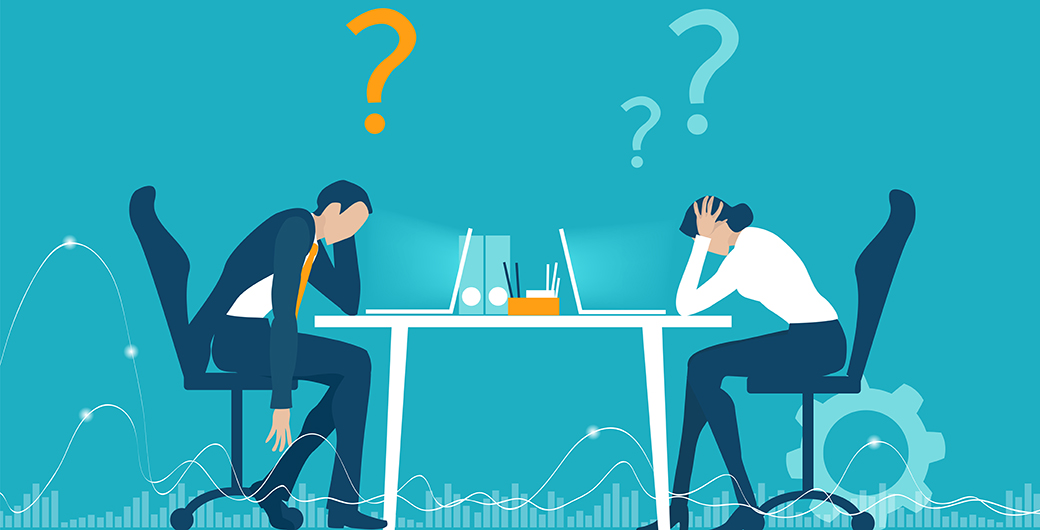Psychological Impact, characterized by technological advancements, urbanization, and the constant connectivity of the digital age, has brought significant changes to the way we live and work. While these developments have created numerous opportunities and conveniences, they have also introduced new sources of stress and psychological challenges. This article explores the psychological impact of modern life, the various stressors people face, and strategies for coping with stress to maintain mental health and well-being.

The Psychological Impact of Modern Life
Modern life has introduced a range of psychological impacts that affect individuals in different ways. Some of the most common psychological challenges include:
- Increased Stress Levels: The demands of work, family, and social obligations, combined with the constant pressure to achieve and succeed, contribute to heightened stress levels. The fast-paced nature of modern life leaves little time for relaxation and self-care, leading to chronic stress.
- Anxiety and Depression: The prevalence of anxiety and depression has risen significantly in recent decades. Factors such as job insecurity, financial pressures, social isolation, and the fear of missing out (FOMO) contribute to these mental health issues. The stigma surrounding mental health often prevents individuals from seeking help.
- Information Overload: The digital age has made it possible to access vast amounts of information instantly. While this can be beneficial, it also leads to information overload, where individuals feel overwhelmed by the sheer volume of data. This can result in difficulty concentrating, decision-making, and increased stress.
- Social Media Pressure: Social media platforms create an environment where people constantly compare their lives to others. The curated and often idealized portrayals of life on social media can lead to feelings of inadequacy, low self-esteem, and anxiety. The pressure to present a perfect image online can be mentally exhausting.
- Work-Life Imbalance: The boundary between work and personal life has become increasingly blurred, particularly with the rise of remote work and the expectation to be always available. This lack of separation can lead to burnout, reduced productivity, and strained relationships.
- Isolation and Loneliness: Despite being more connected than ever, many people experience feelings of loneliness and isolation. The decline of face-to-face interactions and the rise of virtual communication can lead to a sense of disconnection from others.
Common Stressors in Modern Life
Several factors contribute to the stress and psychological challenges associated with modern life. Understanding these stressors is the first step toward managing and mitigating their impact:

- Work-Related Stress: Job demands, long hours, high expectations, and job insecurity are significant sources of stress. The pressure to perform and meet deadlines can lead to chronic stress and burnout.
- Financial Stress: Economic instability, rising living costs, and personal financial issues create a significant burden. The fear of financial insecurity can lead to anxiety and depression.
- Technological Stress: The constant connectivity enabled by smartphones and the internet means that individuals are always reachable, which can lead to stress and burnout. The pressure to respond to emails and messages promptly adds to this stress.
- Family and Relationship Stress: Balancing family responsibilities, maintaining healthy relationships, and managing conflicts within the family can be challenging. The demands of caregiving and the complexities of modern family dynamics contribute to stress.
- Health Concerns: Worrying about personal health, dealing with chronic illnesses, and concerns about the health of loved ones can create significant stress. The global COVID-19 pandemic has exacerbated these concerns.
- Environmental Stress: Living in urban areas with high noise levels, pollution, and crowded spaces can impact mental health. The lack of access to nature and green spaces also contributes to stress.
Coping Strategies for Managing Stress
Effectively managing stress requires a combination of fiatogel strategies tailored to individual needs and circumstances. Here are some evidence-based approaches to coping with stress:
- Mindfulness and Meditation: Practicing mindfulness and meditation can help reduce stress and improve mental clarity. Mindfulness involves focusing on the present moment and accepting it without judgment. Regular meditation practice can enhance emotional regulation and reduce anxiety.
- Physical Activity: Regular exercise is one of the most effective ways to combat stress. Physical activity releases endorphins, which are natural mood lifters. Activities like walking, running, yoga, and dancing can help reduce stress and improve overall well-being.
- Healthy Diet: Nutrition plays a crucial role in mental health. A balanced diet rich in fruits, vegetables, whole grains, and lean proteins can help stabilize mood and energy levels. Avoiding excessive caffeine, sugar, and alcohol is also beneficial.
- Adequate Sleep: Quality sleep is essential for mental health. Establishing a regular sleep schedule, creating a restful environment, and practicing good sleep hygiene can improve sleep quality and reduce stress.
- Time Management: Effective time management can help reduce the feeling of being overwhelmed. Prioritizing tasks, setting realistic goals, and breaking tasks into manageable steps can enhance productivity and reduce stress.
- Social Support: Building and maintaining strong social connections is vital for mental health. Talking to friends, family, or a therapist can provide emotional support and perspective. Engaging in social activities and community groups can also combat feelings of isolation.
- Relaxation Techniques: Techniques such as deep breathing exercises, progressive muscle relaxation, and guided imagery can help reduce physical tension and promote relaxation. Incorporating these techniques into daily routines can mitigate stress.
- Setting Boundaries: Establishing clear boundaries between work and personal life is crucial. This includes setting limits on work hours, unplugging from technology during personal time, and ensuring time for relaxation and hobbies.
- Seeking Professional Help: When stress becomes overwhelming, seeking help from a mental health professional can be beneficial. Therapists can provide coping strategies, support, and treatment for anxiety, depression, and other mental health conditions.
Conclusion
The psychological impact of modern life is profound, affecting individuals in various ways. Increased stress levels, anxiety, depression, and other mental health challenges are common as people navigate the demands of work, family, and social life in a fast-paced, technologically driven world. Recognizing the sources of stress and implementing effective coping strategies is essential for maintaining mental health and well-being.
By adopting practices such as mindfulness, regular physical activity, healthy eating, and seeking social support, individuals can manage stress more effectively. It is also important to set boundaries, manage time efficiently, and seek professional help when needed. By taking proactive steps to address the psychological impacts of modern life, individuals can lead healthier, more balanced lives, and build resilience against the challenges they face.
Read More Article About “Understanding Monsoon Winds: The Lifeline of Many Regions”
